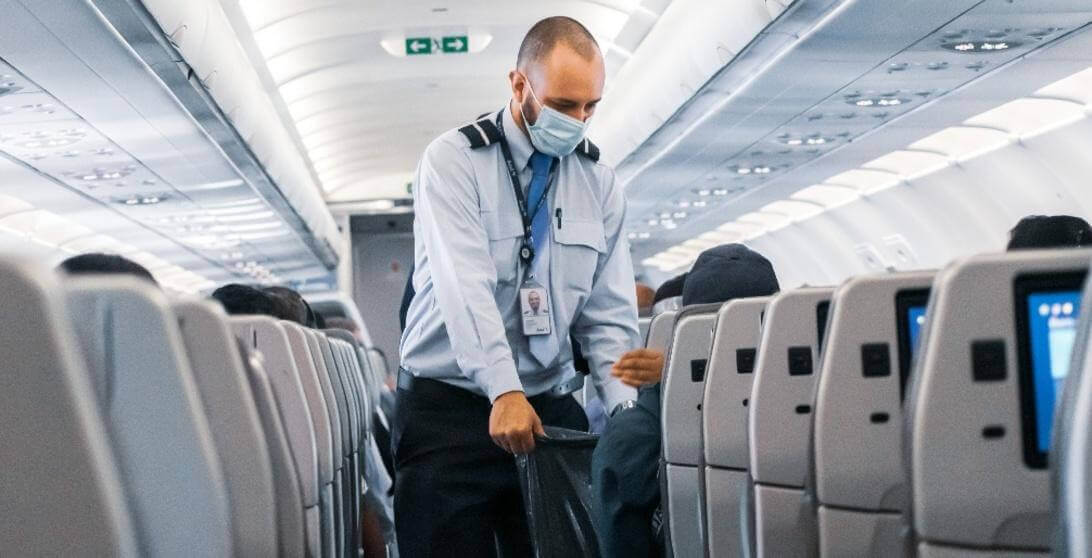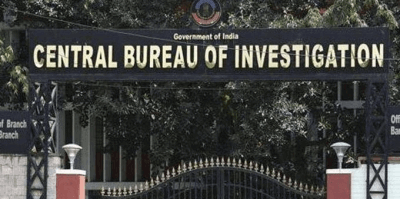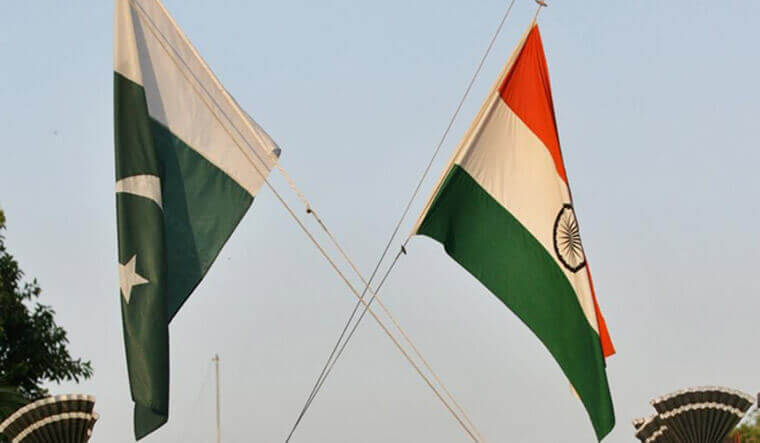Inflation is on the rise. On Thursday, Oil Marketing Companies (OMCs) raised Aviation Turbine Fuel (ATF) prices by 16.3 percent, driving the jet fuel price to a record high of Rs 1.41 lakh per kilolitre in Delhi.
The clocking in of ATF prices, combined with a depreciating rupee, has resulted in an increase in the cost of operations for the airline industry; according to reports, air fares will be increased by approximately 15%.
What role do ATF prices play in the cost of flying for airlines?
The cost of ATF accounts for half of the cost of operations for Indian airlines. Airlines are already feeling the effects of the domestic currency’s depreciation. The costs of lease rentals, payments to foreign airport operators, and payments to expat pilots are all denominated in dollars.
However, bringing ATF under GST appears unlikely for the time being. The Aviation Minister had requested that the Finance Ministry reduce the excise duty on jets by 2% to 9%. However, the Finance Ministry did not reduce ATF taxes.

How will aviation prices affect customers?
Yes, flying will become more expensive as airlines pass on the increased costs to end users.
SpiceJet chairman Ajay Singh stated in the statement that they will have to pass on the increase in ATF prices to passengers, which will result in a 15% increase in fares.
Lets square in the impact on aviation sector
The airline industry has surpassed pre-Covid flight numbers and is forecasting further growth due to an increase in travel demand driven by a surge in leisure travel.
According to travel industry insiders, fares are already around 50% higher than last year, and further increases could impact demand. People could choose to travel by train or road, which are significantly less expensive than flying.














